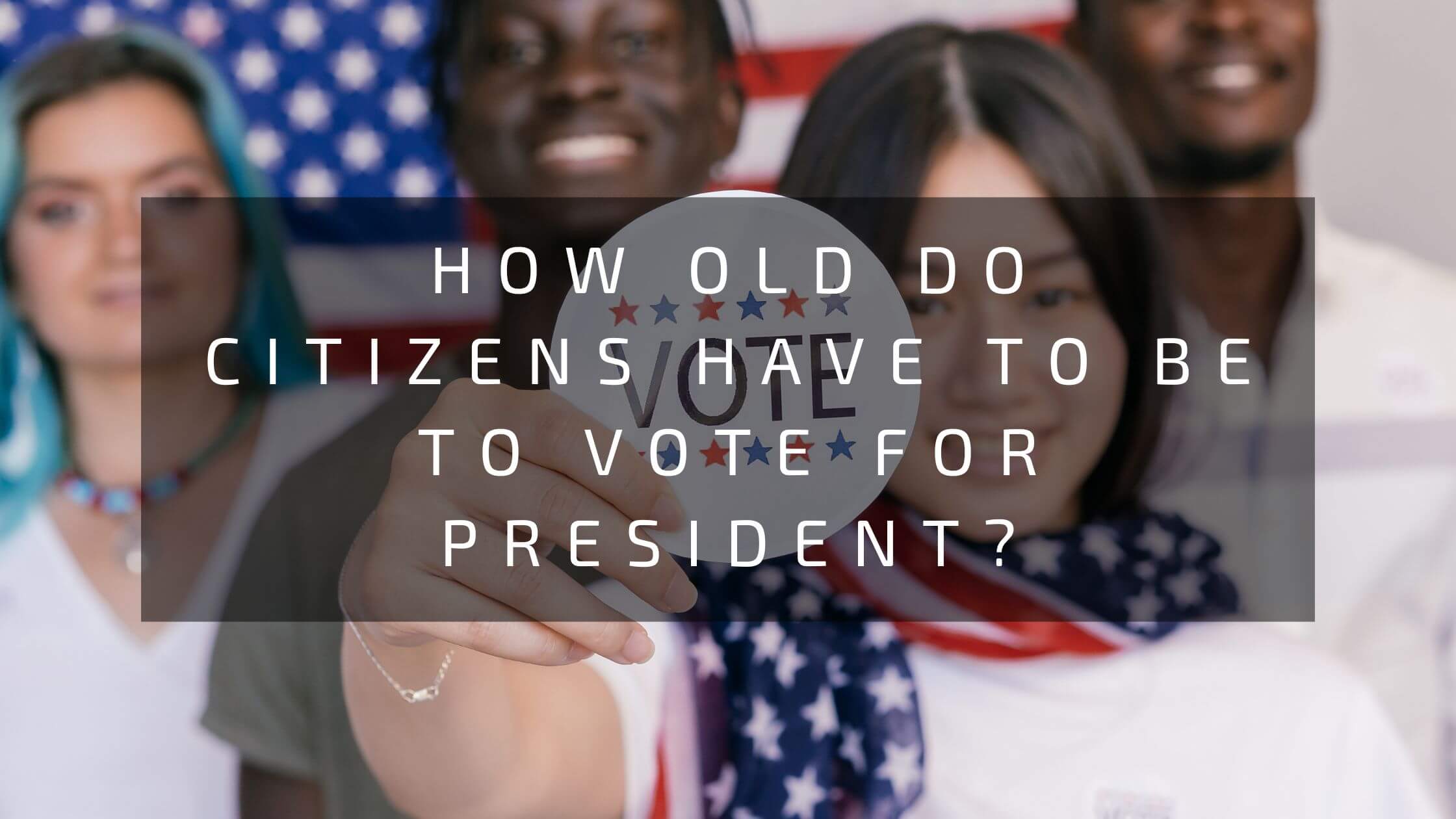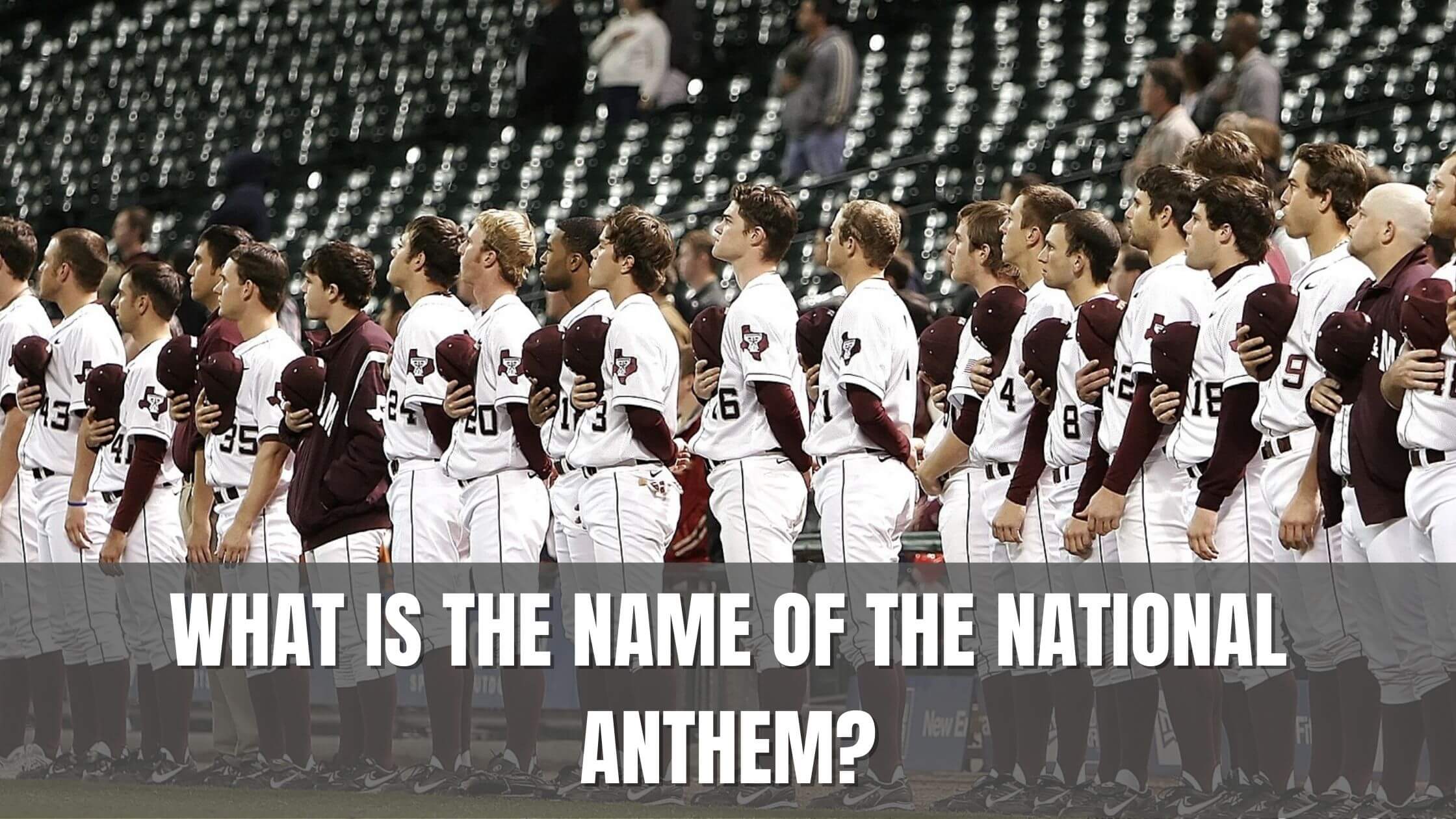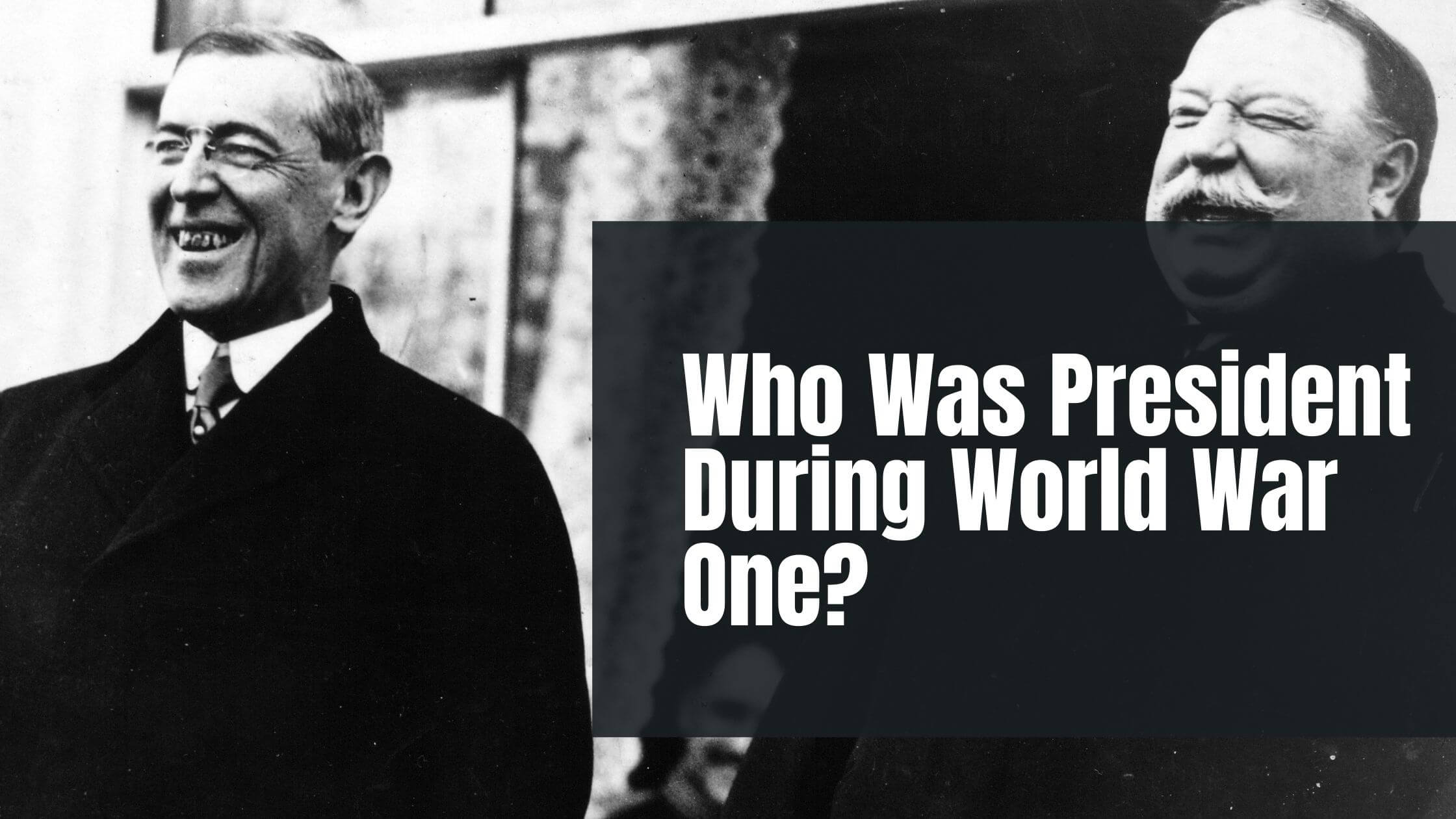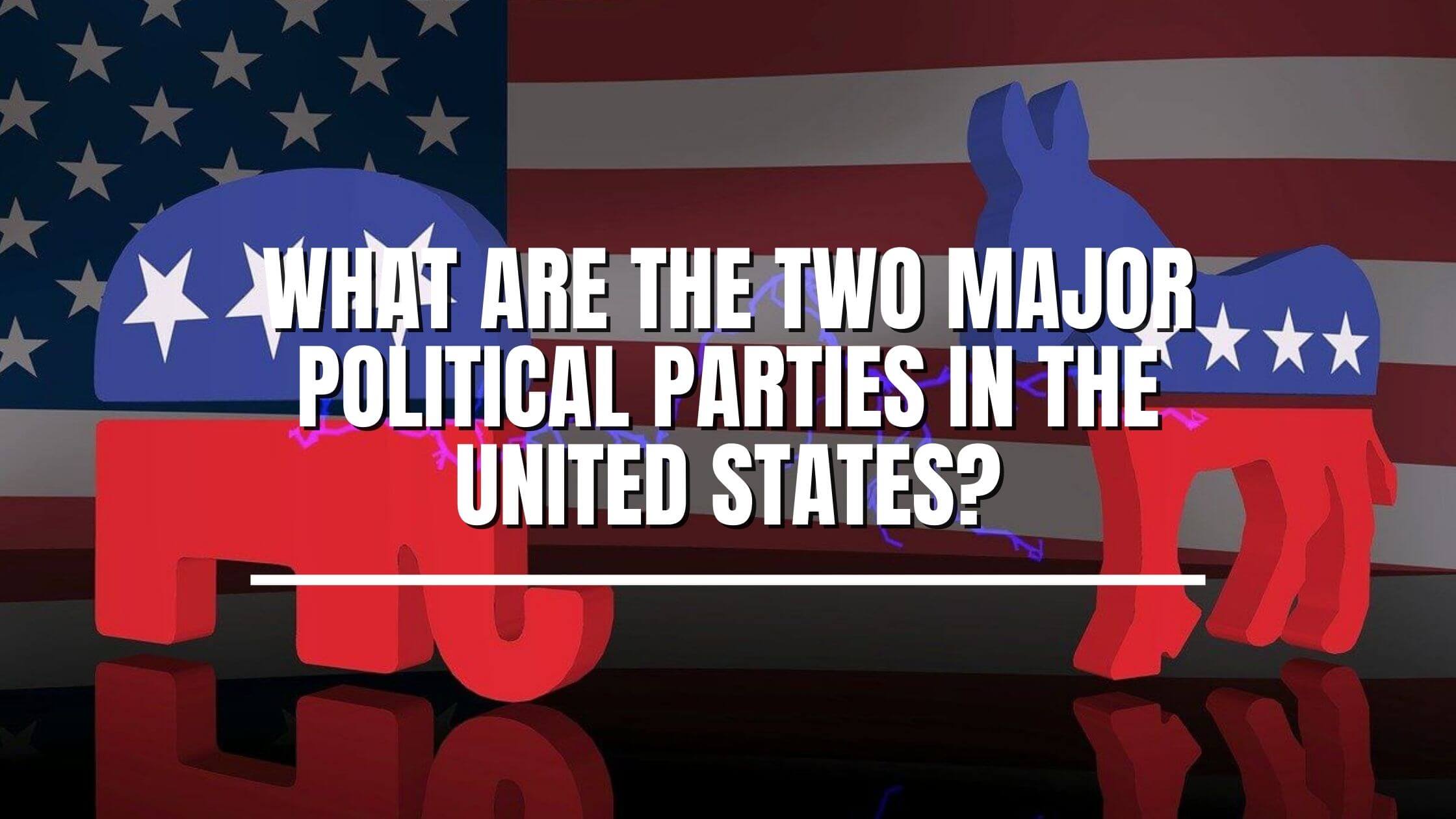Table of Contents
ToggleTo pass the US citizenship test, you will have to answer 10 of a possible 100 questions. The following question is from the USCIS test.
How old do citizens have to be to vote for President?
Answer:
Eighteen (18) and older.
The following is a full explanation of the USCIS question:
United States citizens must be 18 years of age to vote for the President. People who are 17 years of age but will be 18 on or before Election Day may be allowed to vote in a primary election, although that rule varies by state. The American voting age is consistent with the voting age found in most other countries around the world.
What Law Specifies the Voting Age?
The Twenty-Sixth Amendment in the United States Constitution states that American citizens 18 or older have the right to vote for the President and other elected offices. The amendment says that the federal government cannot use age to deny a citizen who is at least 18 the right to vote.
How Did the Voting Age Get To Be 18?
The voting age in the United States had long been 21. While many rules allowed more people to vote, including the Nineteenth Amendment allowing women to vote in 1920, the voting age had remained the same at 21.
There were efforts to lower the voting age starting in the 1940s, with Georgia approving a measure to lower its voting age to 18 in 1943 and Kentucky doing the same in 1955. President Dwight Eisenhower also announced a desire to lower the voting age to 18 during his State of the Union address in 1954.
How the Vietnam War Impacted the Voting Age
The effort to lower the voting age didn’t take hold until the 1960s, as many men under the age of 21 were drafted to serve in the Vietnam War. Men as young as 18 were eligible to be drafted into military service.
There were concerns that these young men felt they weren’t being treated well by the government. They thought it was illogical that men who were old enough to fight and possibly die for the United States weren’t old enough to vote for the lawmakers who would send them out to Vietnam or any other armed conflict. The issue raised concern among many people who wanted to support those who were fighting in the way, eventually leading to a need to lower the voting age.
Legal Discussions To Get To 18
The Vietnam War draft prompted a desire to lower the voting age, which led to President Richard Nixon signing an extension of the Voting Rights Act of 1965 that requires the voting age to be 18 in all elections. But the extension was further discussed at the Supreme Court in 1970 under the case of Oregon v. Mitchell.
The Supreme Court determined in Oregon v. Mitchell that Congress can establish requirements for who can vote in federal, state, and local elections. The move eventually prompted Congress to introduce and pass the Twenty-Sixth Amendment in 1971, which specifically states that the voting age in the United States is 18.
What If I Live In a State That Didn’t Ratify the Amendment?
The process for amending the Constitution requires at least 38 states to ratify or consent to an amendment before it can enter the Constitution. 42 states ratified the amendment in 1971, with South Dakota eventually doing so in 2014.

Get Smarter on US News, History, and the Constitution
Join the thousands of fellow patriots who rely on our 5-minute newsletter to stay informed on the key events and trends that shaped our nation's past and continue to shape its present.
Since the amendment was ratified by enough states, it is federal law throughout the entire country. Even though the states of Florida, Kentucky, Mississippi, Nevada, New Mexico, North Dakota, and Utah have not ratified the amendment, people as young as 18 can still vote in federal elections in those states.
Can People Younger Than 18 Vote?
People who are 17 years of age could vote in some elections, but the rule will vary by state. A person who is 17 years old but will be 18 on or before Presidential Election Day is eligible to vote in a primary election in some states.
As of the 2022 election, eighteen states and the District of Columbia allow voters under 18 to vote in primaries so long as they become 18 on or before Election Day. Ohio was the first state to enact this rule, as it introduced it in 1981. Other states to have introduced this rule include Illinois, North Carolina, Utah, and Virginia.
Colorado is the most recent state to allow 17-year-olds to vote in primaries, as it passed a statute to allow this move in 2019. But there are concerns that Colorado Amendment 76 could take away that right. The 2020 amendment says that only American citizens 18 or older can vote in Colorado, but the amendment doesn’t address the previously existing statute that lets eligible 17-year-olds vote in primaries.
Is the Voting Age Also 18 in American Territories?
The voting age is also 18 in United States territories like Puerto Rico, American Samoa, the United States Virgin Islands, Guam, and the Northern Mariana Islands. But while residents in these territories are legal American citizens, they do not vote in American presidential elections.
How Does the Voting Age In America Compare With Other Countries?
The voting age in the United States is on par with most of the rest of the world. 18 is by far the most common voting age throughout the world, particularly in North America and Asia.
There are some countries where the voting age is higher than it is in the United States, although most of them are in the Middle East and Africa. The voting age is 21 in Singapore, Lebanon, Kuwait, and Oman, for example.
There are a few countries where the voting age is under 18. The voting age in Greece and Indonesia is 17, while the age is 16 in Brazil, Cuba, Argentina, Austria, and Malta. Scotland and Wales also allow 16-year-olds to vote in local elections, but they cannot vote in United Kingdom-wide elections until they are 18.
Could the Voting Age Go Any Lower?
In 2021, New York Representative Grace Meng introduced legislation in the House that would lower the voting age to 16. The legislation would replace the Twenty-Sixth Amendment with a new one that allows people who are 16 or 17 to vote.
However, that legislation has not made any traction in the House. There is always a potential for the voting age to go down further, but whether that will happen remains unclear.











